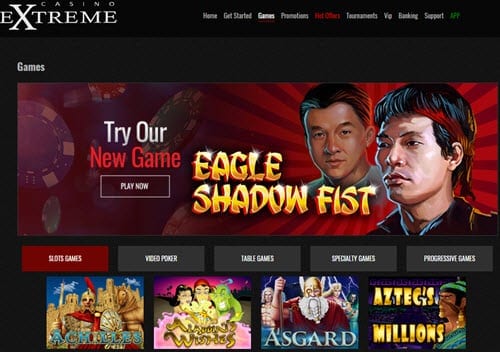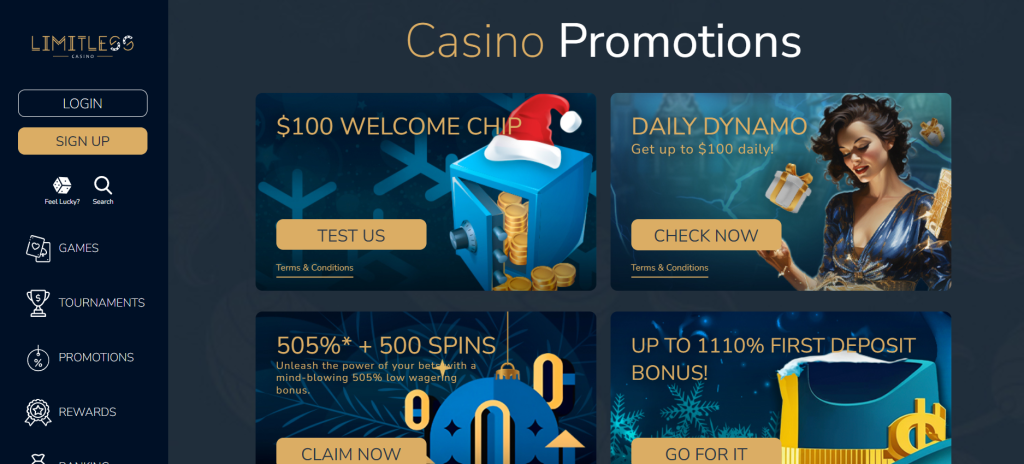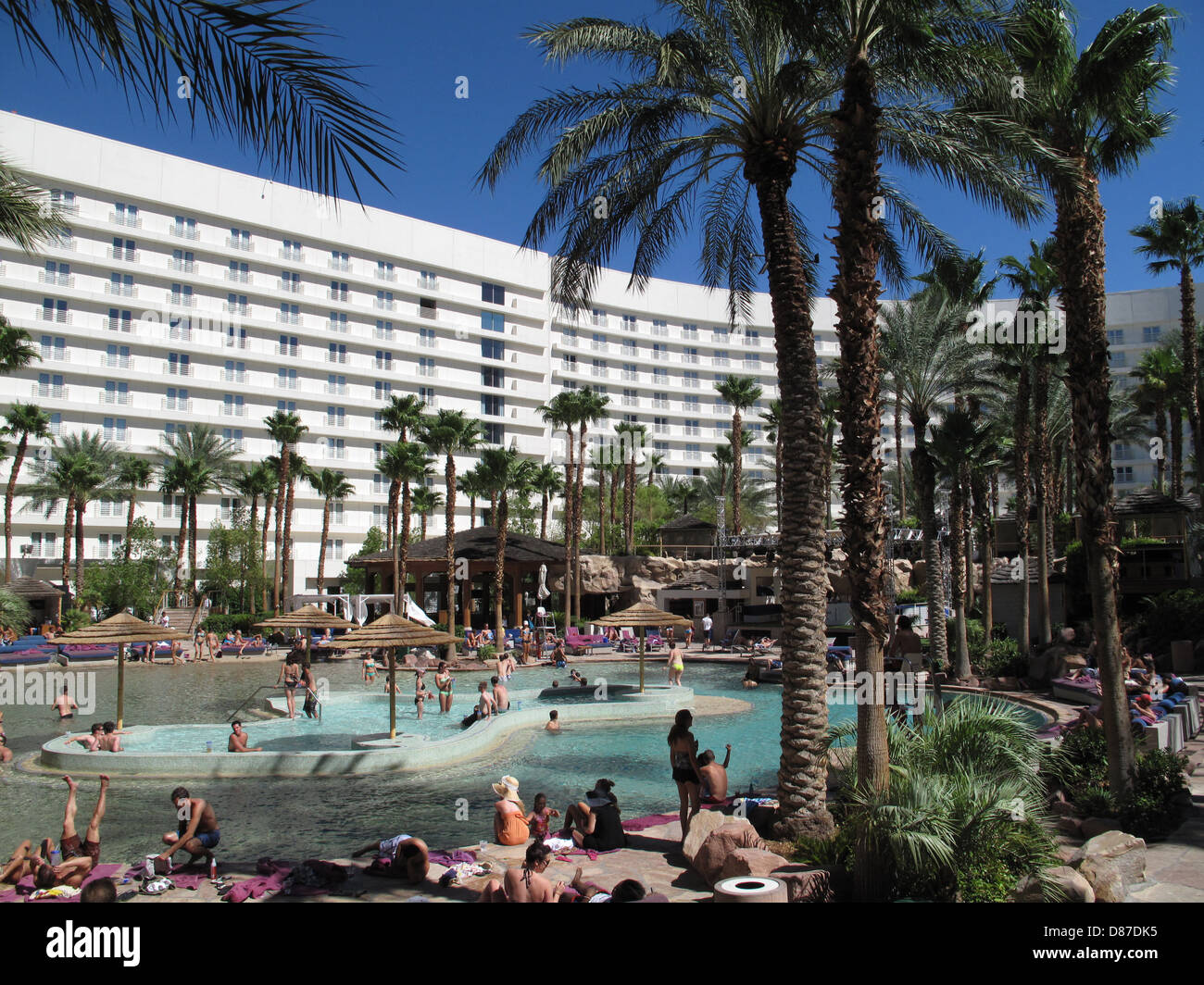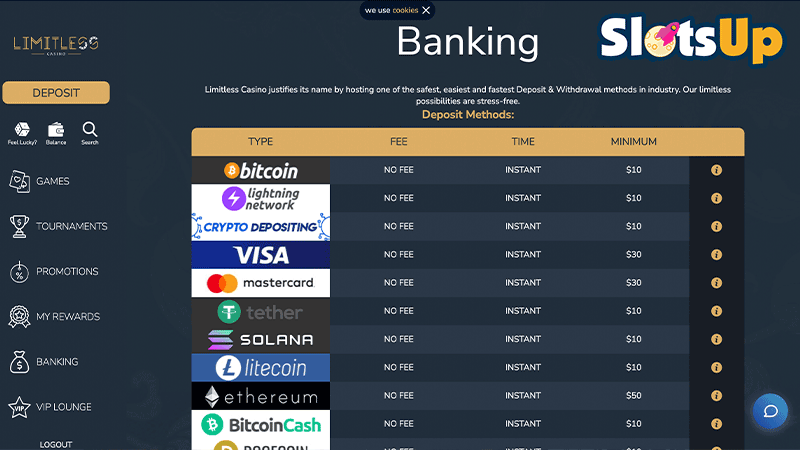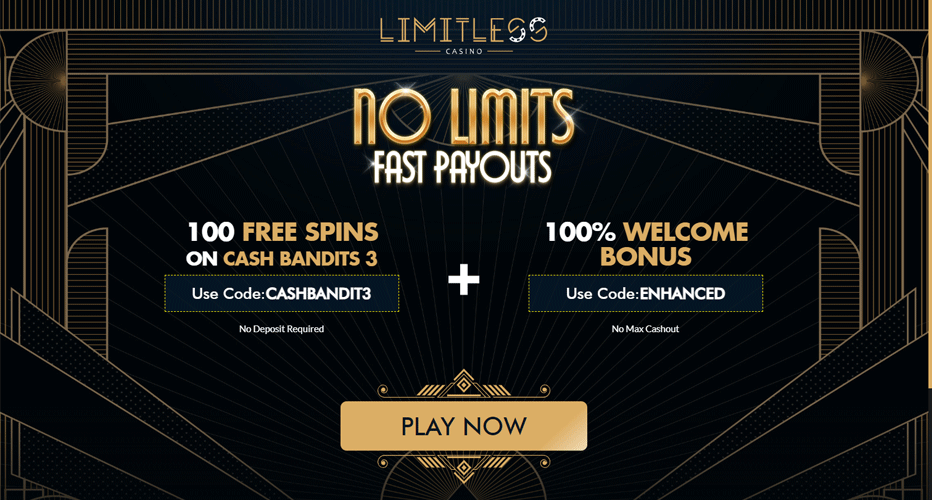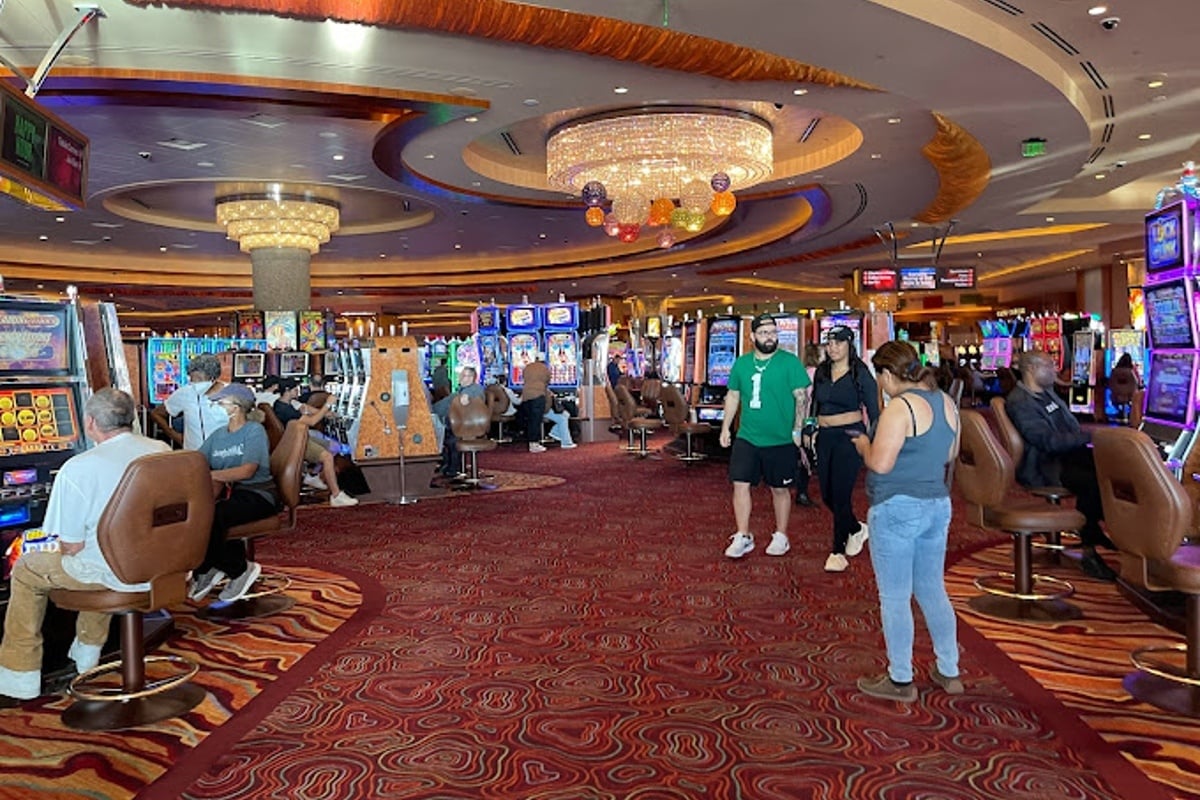
Here, you bet about the Lucky Later on, who starts off traveling with the particular jetpack after the circular begins. An Individual may possibly trigger Autobet/Auto Cashout alternatives, check your current bet history, in addition to assume to acquire upwards to be able to x200 your preliminary bet. Plinko will be a easy RNG-based sport that will also facilitates the Autobet option. In this approach, an individual may alter the particular prospective multiplier an individual may possibly struck.
Bonuses And Special Offers Regarding Bangladeshi Players
Prop wagers offer a a great deal more individualized and comprehensive betting encounter, permitting an individual to engage together with typically the online game upon a deeper degree. Prop wagers enable consumers to become able to bet about specific aspects or situations inside a sporting activities celebration, over and above the particular ultimate end result. These Types Of bets concentrate about certain particulars, incorporating a good added layer of enjoyment and method to become in a position to your current wagering knowledge. 1Win enriches your current wagering and gaming trip along with a collection associated with additional bonuses plus marketing promotions designed to become in a position to provide added worth in addition to excitement. Keep forward regarding the curve along with the latest online game produces in addition to check out the most popular titles between Bangladeshi participants regarding a continually refreshing and participating gaming knowledge. 1Win Bangladesh prides by itself on offering a extensive assortment associated with on collection casino games plus online betting market segments in purchase to maintain the particular exhilaration moving.
Pre-match Gambling Described
This instant entry is valued simply by those that would like to observe transforming chances or verify away typically the 1 win apk slot machine area at quick notice. The exact same deposit in addition to drawback food selection is usually usually obtainable, together together with any relevant promotions just such as a 1win reward code with regard to coming back consumers. General, withdrawing funds at 1win BC is usually a basic in add-on to hassle-free method that allows clients to obtain their own earnings without any kind of hassle. The bookmaker gives a selection associated with more than just one,000 diverse real funds on-line video games, which include Nice Bienestar, Gateway regarding Olympus, Value Hunt, Insane Educate, Buffalo, and several other people.
Frequent Problems Whenever Installing Or Putting In The 1win Software
The reside on range casino operates 24/7, making sure that players can sign up for at any moment. Offers a 6 betting choices are usually accessible for various competitions, allowing gamers to be in a position to bet about complement outcomes and additional game-specific metrics. 1win gives 30% procuring about loss incurred about casino online games within the particular 1st 7 days of placing your signature to up, providing gamers a safety web while they obtain applied in purchase to the particular platform. Check Out a large range associated with online casino games including slot machines, poker, blackjack, roulette, in addition to survive dealer online games. Whether you’re a lover regarding classic table games or seeking with regard to anything even more contemporary, we possess anything regarding everybody. Past genuine fits, the site also functions virtual sporting activities.
Bet About Ipl 2025 With 1win Bangladesh
Thanks A Lot to the particular special technicians, each and every rewrite provides a diverse amount regarding emblems in inclusion to as a result combos, improving typically the possibilities regarding winning. Within gambling upon internet sporting activities, as inside gambling about virtually any some other activity, an individual need to conform to become in a position to some rules of which will assist you not to become capable to lose typically the whole lender, along with boost it inside the distance. Firstly, a person ought to perform without nerves plus unneeded emotions, so to end upward being in a position to communicate together with a “cold head”, thoughtfully spread the financial institution in addition to usually carry out not place All In upon one bet.
Within Customer Help Service
Players could discover a whole lot more compared to 13,500 online games through a wide range of gaming software program providers, associated with which presently there are a great deal more compared to 169 on the particular site. 1Win operates under a good international permit from Curacao, a reliable legal system recognized regarding managing online gaming and gambling programs. This licensing assures that 1Win sticks to in purchase to rigid standards of protection, justness, and reliability.
Live Wagering
Ask fresh consumers in buy to the particular web site, motivate all of them in buy to become regular users, plus motivate these people in order to make a genuine money downpayment. While wagering about pre-match in addition to reside events, you may make use of Quantités, Major, first Half, plus other bet varieties. The Particular system provides a simple disengagement formula in case an individual spot a prosperous 1Win bet and need in order to funds out earnings.
Sense totally free to choose between dining tables with diverse weed limits (for cautious players and higher rollers), get involved in internal competitions, possess fun along with sit-and-go events, in addition to even more. At the particular period associated with composing, the system provides 13 video games within just this specific class, including Young Patti, Keno, Holdem Poker, and so on. Like some other live seller video games, these people take only real cash gambling bets, so a person need to help to make a lowest being qualified deposit in advance. 1Win gives an impressive arranged of 384 live online games that will usually are live-streaming coming from expert companies with knowledgeable live retailers who else make use of expert on collection casino equipment. The Vast Majority Of video games allow you to swap in between various look at settings and even offer VR elements (for example, inside Monopoly Live by simply Advancement gaming). 1Win Casino Philippines sticks out amongst other video gaming plus betting platforms thank you to end upward being capable to a well-developed reward program.
To help gamblers make smart selections, the terme conseillé furthermore provides the particular most current information, survive match up improvements, in addition to expert research. Cricket betting gives a large number of alternatives regarding enjoyment and benefits, whether it’s selecting typically the winner regarding a high-stakes event or speculating typically the match’s top termes conseillés. 1Win will be fully commited to end up being in a position to ensuring the ethics and safety regarding the cellular software, offering consumers a safe plus high-quality gaming encounter. This sort associated with gambling is usually particularly well-liked in horses race and can offer substantial affiliate payouts dependent upon the particular dimension associated with the particular swimming pool and the odds. Enthusiasts of StarCraft II may enjoy different wagering options about major competitions such as GSL and DreamHack Experts. Bets may be put on complement outcomes and specific in-game ui occasions.
- Above typically the yrs, it provides experienced progressive growth, improving the show along with innovative video games in inclusion to uses created in purchase to make sure you also the many discriminating consumers.
- The Particular app is usually generally obtained from recognized links discovered on the 1win get page.
- Typically The collision game characteristics as its main character a pleasant astronaut who else intends to discover the particular vertical horizon along with a person.
- When an individual want to become capable to funds away winnings efficiently in inclusion to without problems, a person should move the ID verification.
Inside Wagering
It will be typically the only location wherever an individual could acquire an established app since it is usually not available upon Google Enjoy. Following an individual obtain money within your accounts, 1Win automatically activates a sign-up reward. Constantly cautiously fill up in information and upload just appropriate documents. Otherwise, typically the system reserves the proper to end upwards being capable to enforce a great or also block a good accounts. Several specific webpages recommend to of which expression when they will web host a direct APK committed to end upward being in a position to Aviator. A password totally reset link or consumer id quick can resolve of which.
Motivation strategies at 1Win Online Casino, articulated by implies of marketing codes, represent a good efficient tactic to obtain supplementary bonus deals, free of charge spins, or some other positive aspects with consider to members. By Simply picking two feasible final results, an individual effectively dual your chances associated with acquiring a win, producing this specific bet sort a safer choice without having significantly lowering prospective earnings. Solitary wagers are usually perfect for both starters plus experienced bettors due to their simpleness plus clear payout structure. Yes, 1Win legally functions inside Bangladesh, guaranteeing compliance together with the two local plus international on the internet wagering restrictions. 1Win supports diverse repayment methods, facilitating effortless in add-on to safe economic dealings with respect to every gamer. I got recently been planning this opinion regarding a long period, then right today there was zero moment, then something otherwise was in typically the method, but nevertheless, I will point out that typically the 1Win web site switched out there in order to become superb regarding me.
- The Particular cell phone app offers the entire range regarding features obtainable upon the particular site, without having virtually any constraints.
- These Types Of proposals symbolize merely a portion of typically the wide range regarding slot equipment game devices that 1Win virtual casino can make obtainable.
- Right After an individual turn out to be a good internet marketer, 1Win provides an individual together with all required marketing plus promotional supplies you could include in order to your own internet reference.
- Excellent problems for an enjoyable activity plus wide opportunities for making usually are holding out regarding you in this article.
Thanks in buy to comprehensive stats in inclusion to inbuilt live chat, a person could place a well-informed bet and enhance your current chances with regard to accomplishment. The Particular 1win software get for Android or iOS is usually usually mentioned being a portable method in buy to retain upwards with matches or in buy to entry casino-style sections. Typically The software is usually typically obtained coming from official links found upon typically the 1win download page. When set up, users could faucet in add-on to available their own accounts at any moment. The Particular IPL 2025 season will commence on March twenty-one and conclusion about Might twenty five, 2025.
Typically The 1Win Online Casino bonus plan will be continually reconditioned, which includes periodic marketing promotions and celebrations, loyalty plans with reimbursments, plus special proposals with respect to typically the most active participants. This Specific strategy makes the gambling experience not only stimulating nevertheless furthermore lucrative, enabling consumers to improve their enjoyment in the course of their own stay at typically the online casino. Survive betting at 1win allows users to be able to spot wagers on continuous matches plus events inside real-time. This Specific function improves typically the excitement as players could behave to become in a position to the altering dynamics of the particular online game.

1Win uses state-of-the-art encryption technology in order to safeguard consumer information. This involves protecting all financial and individual information coming from illegitimate access within order in buy to provide game enthusiasts a safe in addition to secure video gaming atmosphere. Gamblers can select in purchase to manage their money in add-on to create gambling constraints. Depending upon the approach utilized, the processing moment may possibly change. Credit cards in addition to digital wallet obligations are usually regularly prepared immediately.
Sure, the cashier program is usually usually unified for all classes. Typically The similar deposit or disengagement method is applicable throughout 1win’s primary web site, typically the software, or virtually any sub-game. David is usually a great specialist along with more than 10 yrs regarding knowledge in the betting industry. Their aim and informative evaluations aid users help to make informed choices about typically the platform. Several employ phone-based forms, and other people rely on social systems or email-based creating an account. Observers suggest that each technique needs common information, such as make contact with info, in order to open a good account.
Within Tiger Game, your own bet could win a 10x multiplier in inclusion to re-spin reward round, which can give you a payout associated with two,five hundred times your bet. The Particular re-spin characteristic may end upwards being triggered at any time arbitrarily, and an individual will want to become capable to depend on good fortune to fill up the particular main grid. The Particular web site functions beneath a great global certificate, ensuring complying together with stringent regulating requirements. It offers obtained recognition by implies of several positive user reviews. The functions are totally legal, adhering to end up being able to betting regulations within every legislation 1win app exactly where it is usually accessible. 1Win ensures strong protection, resorting to sophisticated security technologies to safeguard private details and financial procedures regarding the consumers.
I bet from the particular conclusion associated with the previous yr, right today there were currently big earnings. I had been worried I wouldn’t end upwards being able in purchase to pull away this sort of sums, nevertheless right right now there have been no problems whatsoever. Visitez notre site officiel 1win systems utilisez notre program cellular.
Handdikas in inclusion to tothalas are different each regarding typically the complete complement in add-on to for individual sections regarding it. In the checklist of available bets an individual may discover all the most popular directions in inclusion to several authentic wagers. Inside certain, the particular efficiency of a player over a time period of moment. Click the particular “Register” key, usually perform not overlook to become in a position to enter 1win promotional code when you have it to end upward being able to acquire 500% bonus.



